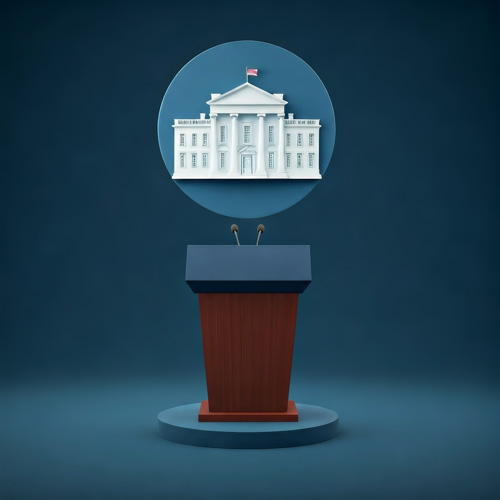Trump’s Drug Pricing Order Faces Hurdles Over ‘Pill Penalty’
President Trump’s recent executive order seeks to revise drug pricing laws. This effort faces strong opposition, especially regarding the “pill penalty.” The order aims to fix a disparity in the Inflation Reduction Act (IRA). The IRA lets Medicare negotiate prices for small molecule drugs (pills) nine years after FDA approval. Biologic drugs face negotiation after 13 years.
Pharmaceutical companies argue this difference, the “pill penalty,” hurts small molecule drug development. Trump’s order suggests a 13-year negotiation delay for these drugs, similar to biologics. It also calls for more transparency in Medicare drug price talks. The goal is to lessen negative effects on drug research.
However, the executive order does not become law on its own. Congress would likely need to act, which could be difficult politically.
The article defines the “pill penalty” as the IRA’s different timelines for Medicare price negotiation. This distinction is central to the debate over the executive order.
For Generation X, many nearing or in their senior years and using Medicare, this issue’s outcome is key. It could change how much their prescriptions cost and if they can get them. The proposed changes might raise drug costs by delaying negotiations. Or, keeping or expanding the IRA rules could make drugs more affordable.



